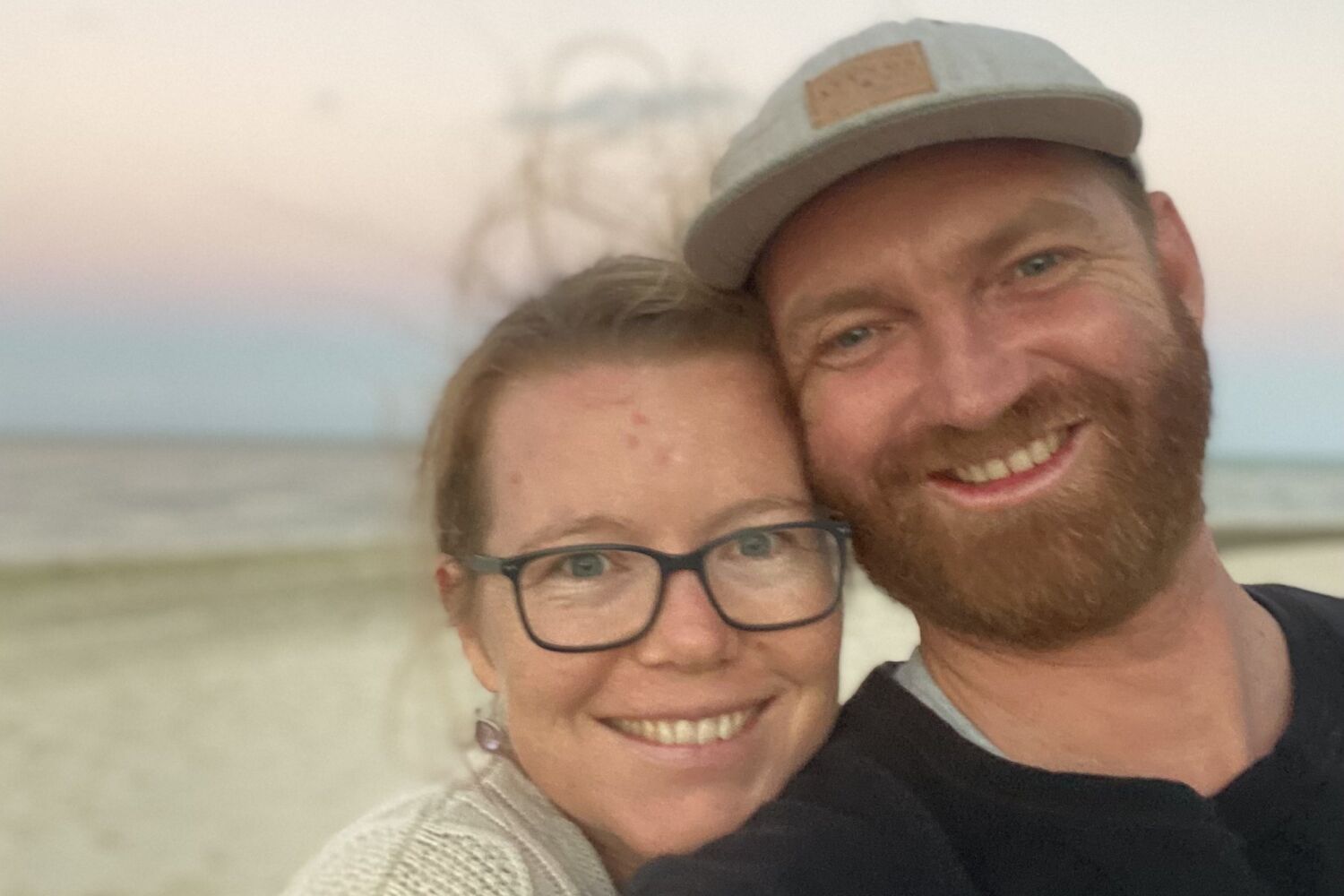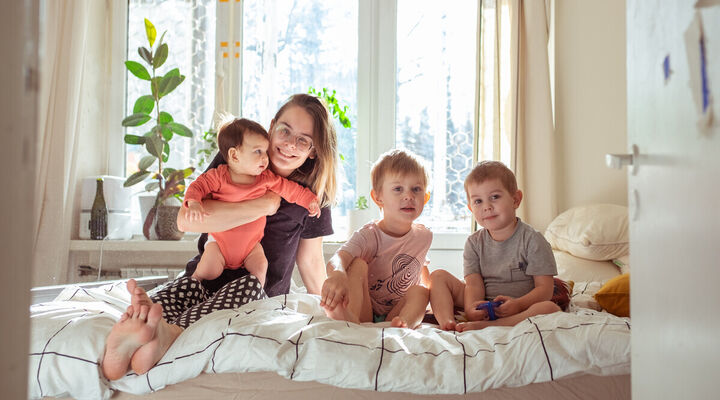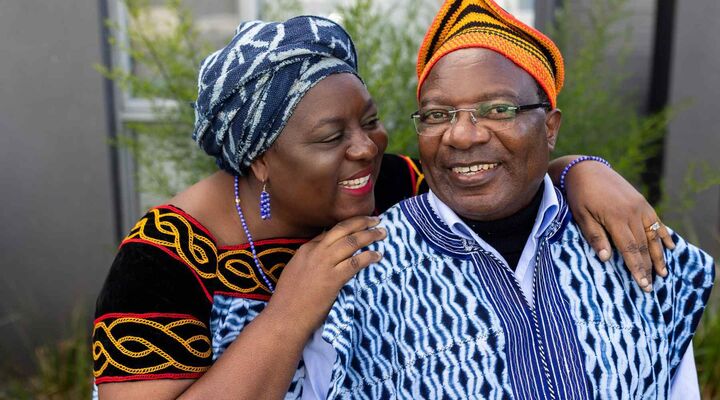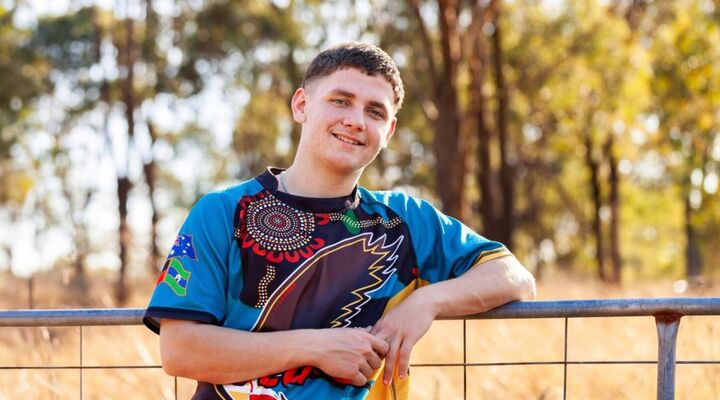“Keeping the house clean,” laughs Brydie O’Connor, when thinking about the most challenging part of foster care.
With four kids of her own, three-year-old twins in long term care, providing respite care at weekends, and working part-time as a foster care assessor, it’s no surprise that housework slips down the list of priorities!
Brydie and husband Triston live on the northern NSW coast and have been foster carers for the past two years.
“I work in the sector, so I know there is a shortage of carers in northern NSW and it’s something we talked about doing for a long time. With our youngest reaching six and the older kids as teens, they are more independent, so the time was right for us as a family to look into how we could help kids who need safe homes,” Brydie says.
Brydie and Triston started foster care during COVID lockdowns and did most of their assessments and training online.
We started off as respite carers which allowed us all to understand how foster care would slot into our way of life. We talked to our children and helped them to understand the challenges that some kids in foster care have experienced.
“It has been a fantastic learning experience for them, especially our youngest who has been amazing and has really grown. She takes great joy from helping me with the little ones and in supporting kids who come to us for respite care,” adds Brydie.
Brydie believes that providing respite care is a great way for people to start in foster care, “As a respite carer, you are a valuable part of the care team. We have been providing respite for kids one weekend a month for two years, so we know those kids and they have grown to know and trust us. It also gives long-term carers time to recharge their batteries and some time to themselves.
“After trying respite and emergency care, we knew foster care was for us, so we have been looking after twin girls Ella* and Sophie* for the last few months. The girls came to us from a background where their parents have their own mental health issues and were unable to support them."
We’ve seen incredible changes in the girls already. When they first came to live with us, they were non-verbal, had extreme emotional outbursts and did not communicate with each other. After this short time, they are starting to talk, they will allow us to hold their hands and they absolutely adore my daughter, her name was Ella’s first word.
Brydie adds, “The best thing is to see them developing a bond with each other. They have started to play together and are creating a relationship as siblings. It is a joy to play a part in supporting them to grow in confidence and see their happiness; that’s the whole reason we do this.”
*Names changed to protect privacy






